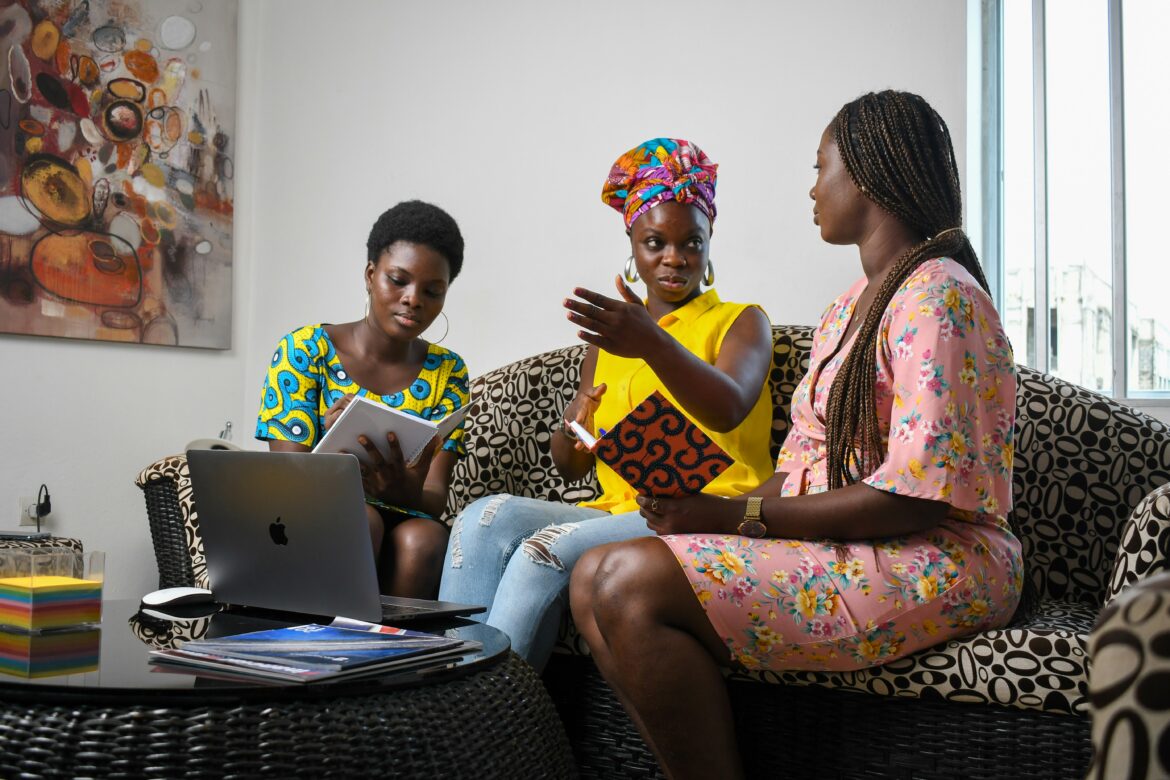The market thought it knew what it was up against. Then it met Gen Z. No capital, no guarantees, but an endless supply of hustle. This is the generation raised on currency crashes, rolling power cuts, and broadband booms. The ones for whom the promise of “get a degree, get a job” died before they even graduated. Back in the day, life seemed simpler. A pay check in the local currency could cover rent, getting a business licence was straightforward, and getting online, well, the internet wasn’t as popular. People could plan and save without constantly calculating the next curveball. Sadly, those days are gone, replaced by a world that moves faster and changes unpredictably.
Unlike their parents, Gen Z doesn’t sit around debating economic theory or waiting for policy reforms like rain in a drought.They care about whether Mukuru is working today, whether EcoCash won’t freeze mid-transaction, or whether they’ll get paid in the dollar, the one constant they can trust when everything else is falling apart.or whether they’ll get paid in the dollar, the one constant they can trust when everything else is falling apart.
Economic theory, for them, is not something to read, it’s something to live. Stimulus isn’t a government package, it’s another side hustle. Policy analysis isn’t a white paper; it’s figuring out whether you can eat, earn, and build this week. They experiment, pivot, fail, and try again, all in real time. Keynes and Friedman are abstract concepts, a working mobile money app is a matter of survival.
And that’s where the magic and madness lie. It’s liberating, because it shows how innovative young Africans can be when left alone. Maddening, because it proves how little faith remains in official institutions. Take a border trader: they don’t care about speeches on industrial policy, they just want customs officials not to confiscate their tomatoes. A digital freelancer in Harare doesn’t care about five-year plans, they care about affordable data bundles to pitch a client in Berlin. A YouTuber in Lagos isn’t waiting for subsidies, they’re turning storytelling into millions of views.
To Gen Z, capital is no longer just money. Capital is networks, creativity, followers, Wi-Fi, and grit. An Instagram following can become a clothing line. A TikTok dance can turn into a tour. A laptop and a data bundle can become an export business. Value doesn’t need permission to be created, but it thrives faster when freedom is allowed to flourish. Gen Z is learning that time, trust, and attention are as valuable as cash. A reliable internet connection is a lifeline. Social media is a marketplace. Community is currency.
But here’s the painful truth: resilience can’t replace opportunity forever. Hustle is beautiful, but it shouldn’t be the only option. Many young people are burning out. Some leave for other countries if they can. Others keep finding ways to survive, but at the cost of dignity and mental health. Resilience is not economic freedom. It is unfair to ask a generation to sprint on a treadmill, while leaders keep promising to fix the ground beneath them, soon they say.
When governments ease restrictions, when there is cheaper internet, simpler business registration, stable currencies, freer cross-border trade, young people don’t just survive, they thrive. Digital payments boom, side hustles turn into real companies, creativity flourishes.
Yet governments remain gatekeepers. They can strangle youth enterprise with outdated red tape, or they can set this generation free. The irony? Gen Z is already building despite them, but at a fraction of the potential growth that freedom could unleash.
Markets are impatient. TikTok can create millionaires in months, while governments schedule consultations for next year. For Gen Z, this is more than economics, it’s dignity and mental health. They don’t want handouts, they want room to operate. They want to trade without harassment, be paid in money that holds value, and innovate without being treated like criminals. They want the freedom to try, fail, and try again without punishment.
The market has met a Gen Z with no capital. And what it found is that capital itself has been redefined. It’s no longer just money. It’s trust. Networks. Audacity. Wi-Fi. The will to keep moving forward. And most importantly, it’s freedom, the freedom to experiment, to create, to trade, without being punished for daring to dream.
If African policymakers wake up to this truth, that freedom is capital, they’ll unleash a wave of prosperity far greater than aid or subsidies ever could. The right policies could transform the ingenuity of millions into scalable businesses, robust networks, and thriving markets. Without that, a generation will continue to build, but always at a disadvantage, forced to survive rather than to thrive.
Markets are restless. Gen Z is ready. All they need is freedom. Theirs is a lesson in human potential: when left unshackled, creativity turns scarcity into opportunity, networks into industries, and Wi-Fi into wealth. The market can wait no longer, and neither can the policymaker.
This piece solely expresses the opinion of the author and not necessarily the magazine as a whole. SpeakFreely is committed to facilitating a broad dialogue for liberty, representing a variety of opinions. Support freedom and independent journalism by donating today.
